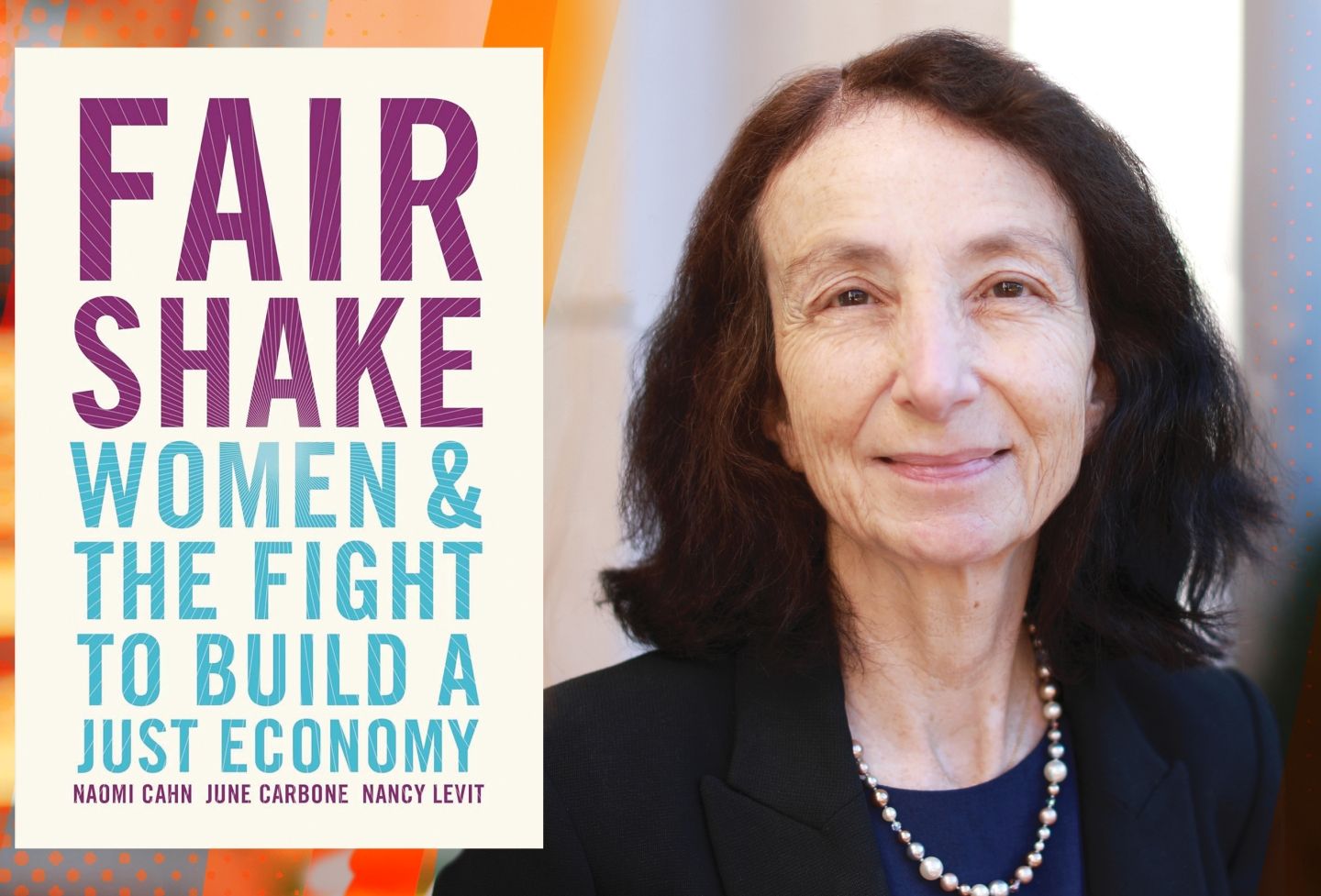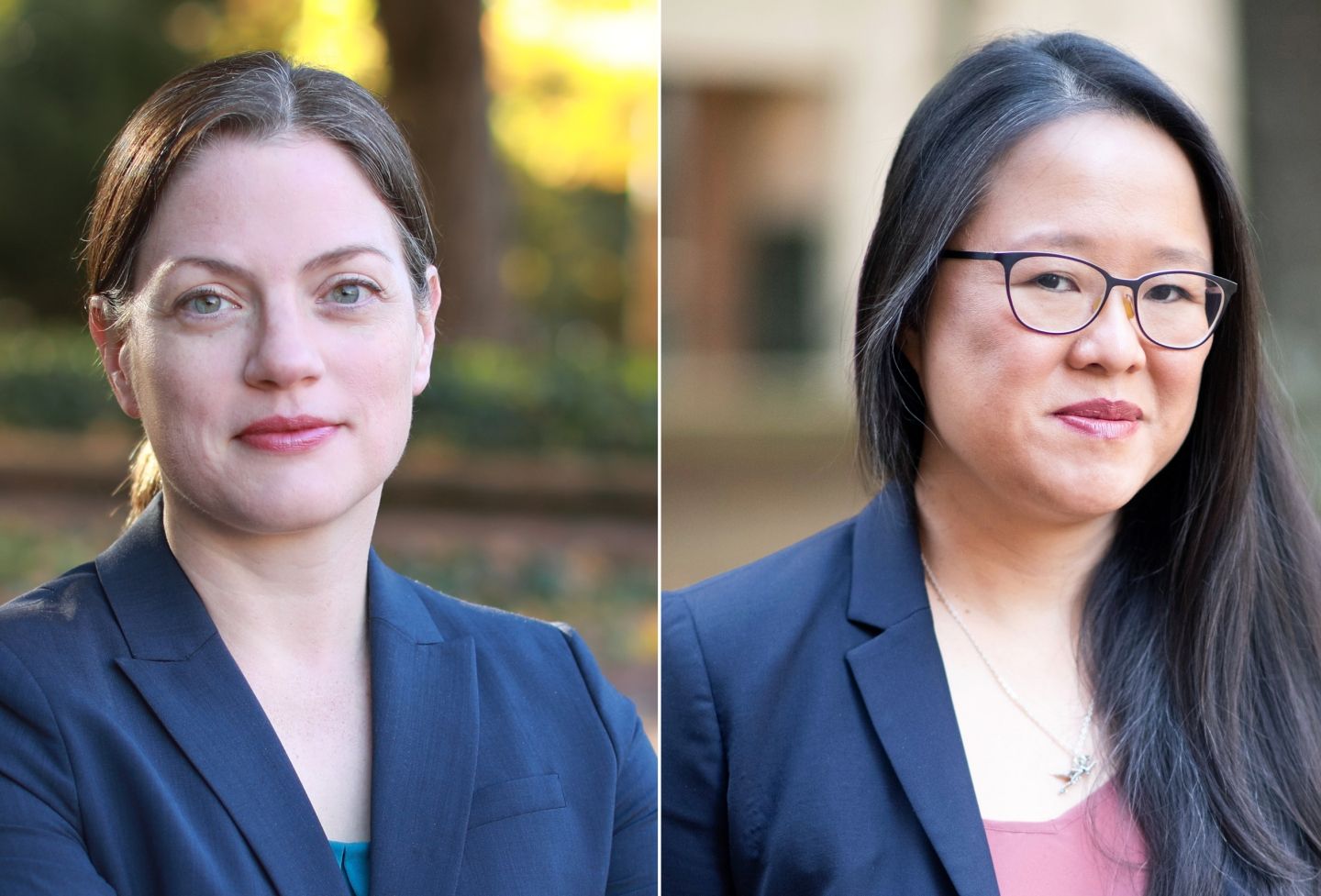Calling all armchair historians: The University of Virginia School of Law Library has begun a crowdsourcing initiative to transcribe centuries of handwritten legal history, and seeks your help.
The new Special Collections project, which began in the spring, is an opportunity for the public to view scanned source documents of rich historical interest and — if so inspired — help enter them as text. The documents date back to the 1700s and have been uploaded to a website that specializes in transcription projects.
In some cases, the materials require a sharp eye or a little sleuthing to decipher the handwriting.
Among the troves are documents related to the life of John B. Minor, the famous jurist who taught at UVA Law for 50 years. Minor’s documents include law school curriculums from the 1800s and a bill of $80 for a gallon of brandy. (Minor purchased the alcohol for the sake of wounded soldiers.)
Other collections include documents written by major figures from the American Revolution, post-World War II human rights treaties from the United Nations, papers from Roger B. Taney’s early law practice before he rose to national prominence as chief justice and member of President Andrew Jackson’s cabinet, and an Italian manuscript that lists people condemned to death in Venice (the last of which requires translation).
Project editor Jim Ambuske, postdoctoral research fellow in the Law Library, said engaging the public for help on the transcription project has the added benefit of making the documents more widely shared.
“We wanted to find a means to entice folks to engage with infrequently used, yet fascinating collections that have great scholarly value and public interest,” Ambuske said. “Archives are simply collections of old documents and artifacts if no one uses them. We want our material to be used, interpreted and taught.”
A team of 10 volunteers, including UVA Law Professor Molly Brady, has already started the work. Students, library staff and even Ambuske’s mother, who has joined the effort from her home in Ohio, are helping out.
So far, the group has worked through about 350 of the more than 1,400 total pages within the eight collections of material.
Ambuske said the project is a strong opportunity for students who are looking for professional development in digital humanities or legal research. For the wider community, it also provides the opportunity for civic engagement and historical conversation.
The more engaged one is with a historical document, Ambuske said, the more it speaks.
“As any researcher or teacher will tell you, transcribing documents allows you to know a manuscript and its author on a more personal level,” he said.
Founded in 1819, the University of Virginia School of Law is the second-oldest continuously operating law school in the nation. Consistently ranked among the top law schools, Virginia is a world-renowned training ground for distinguished lawyers and public servants, instilling in them a commitment to leadership, integrity and community service.


